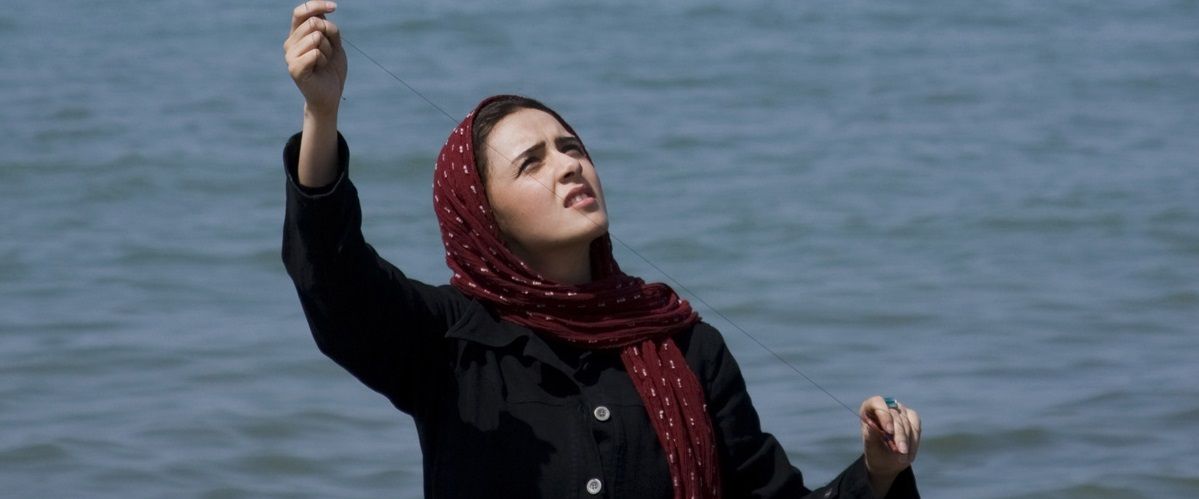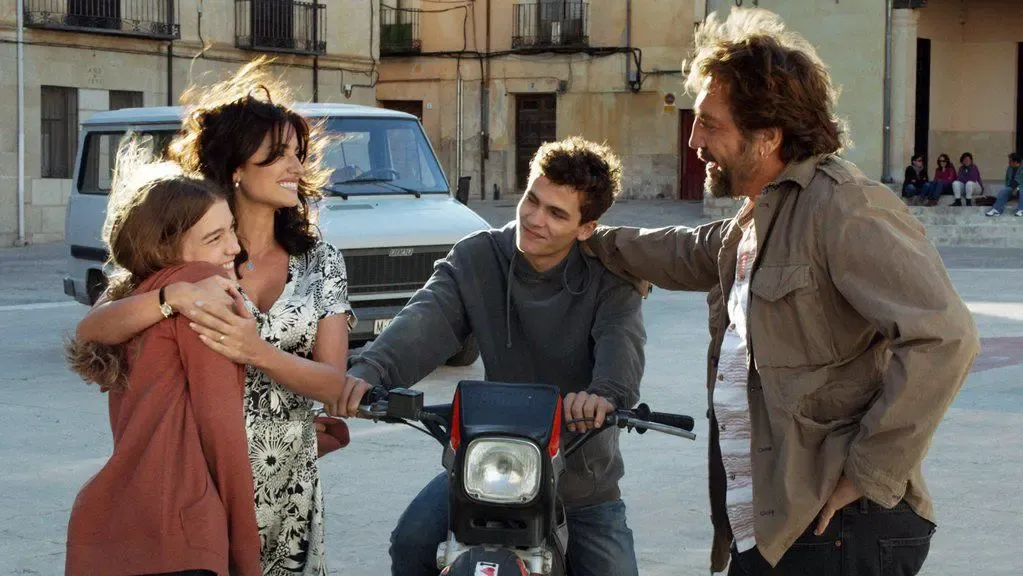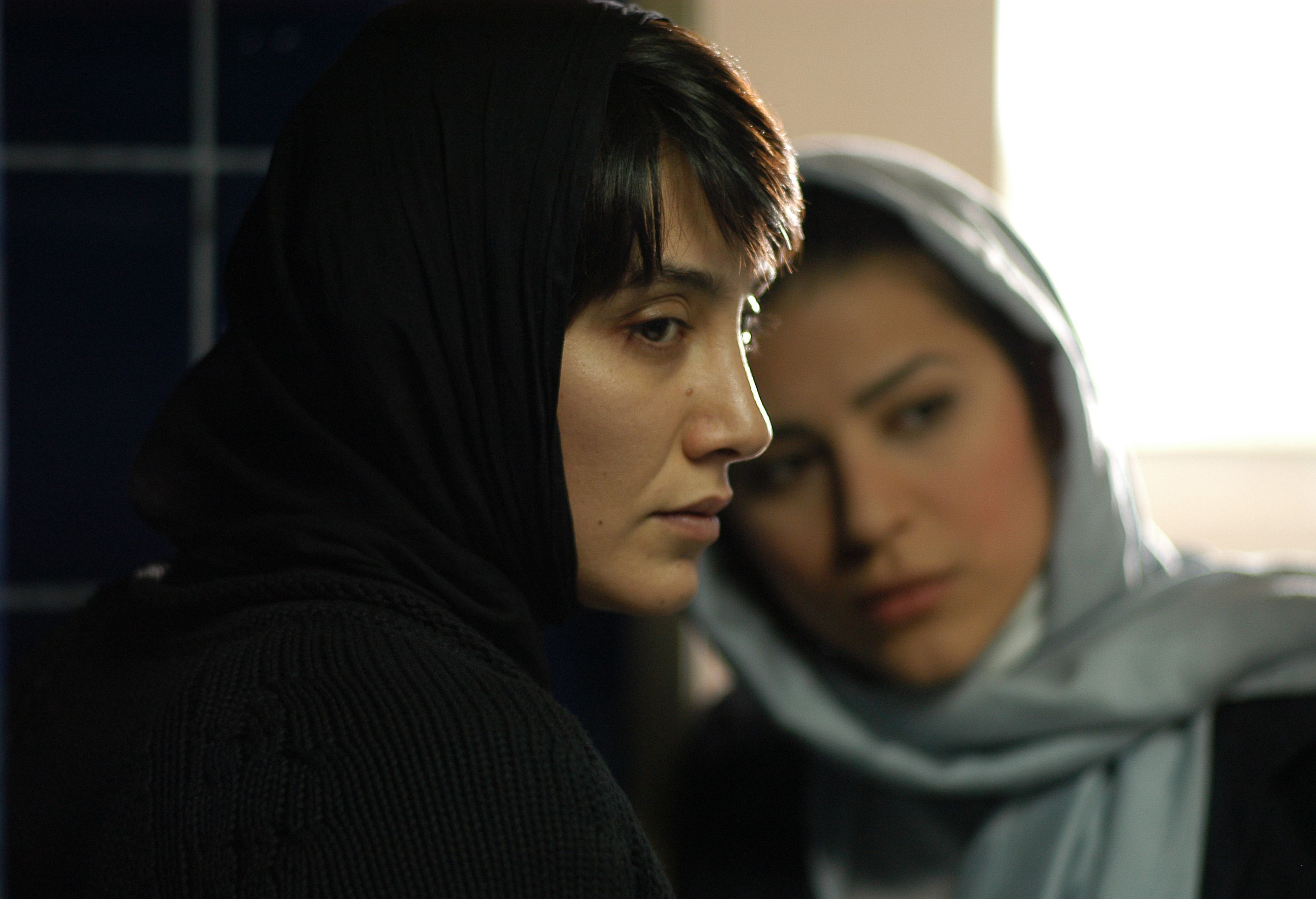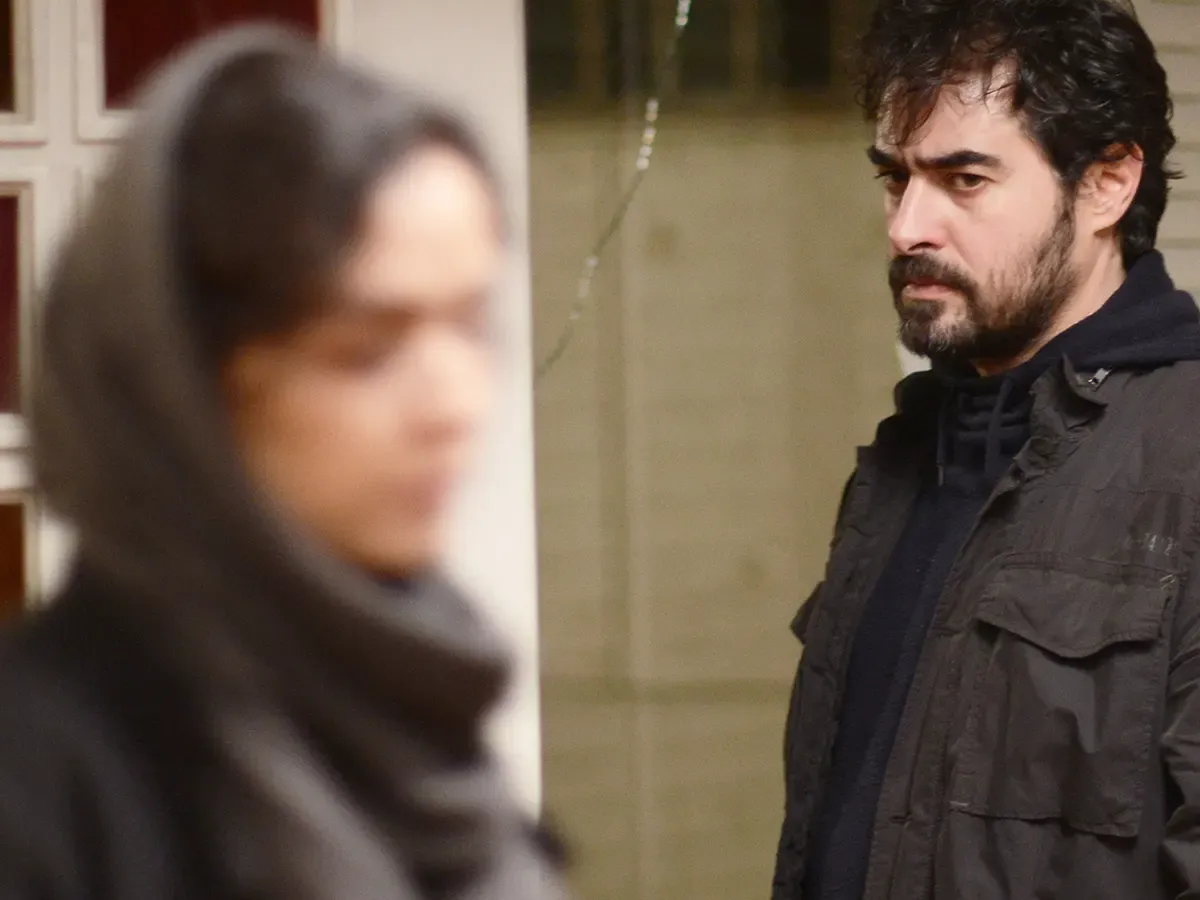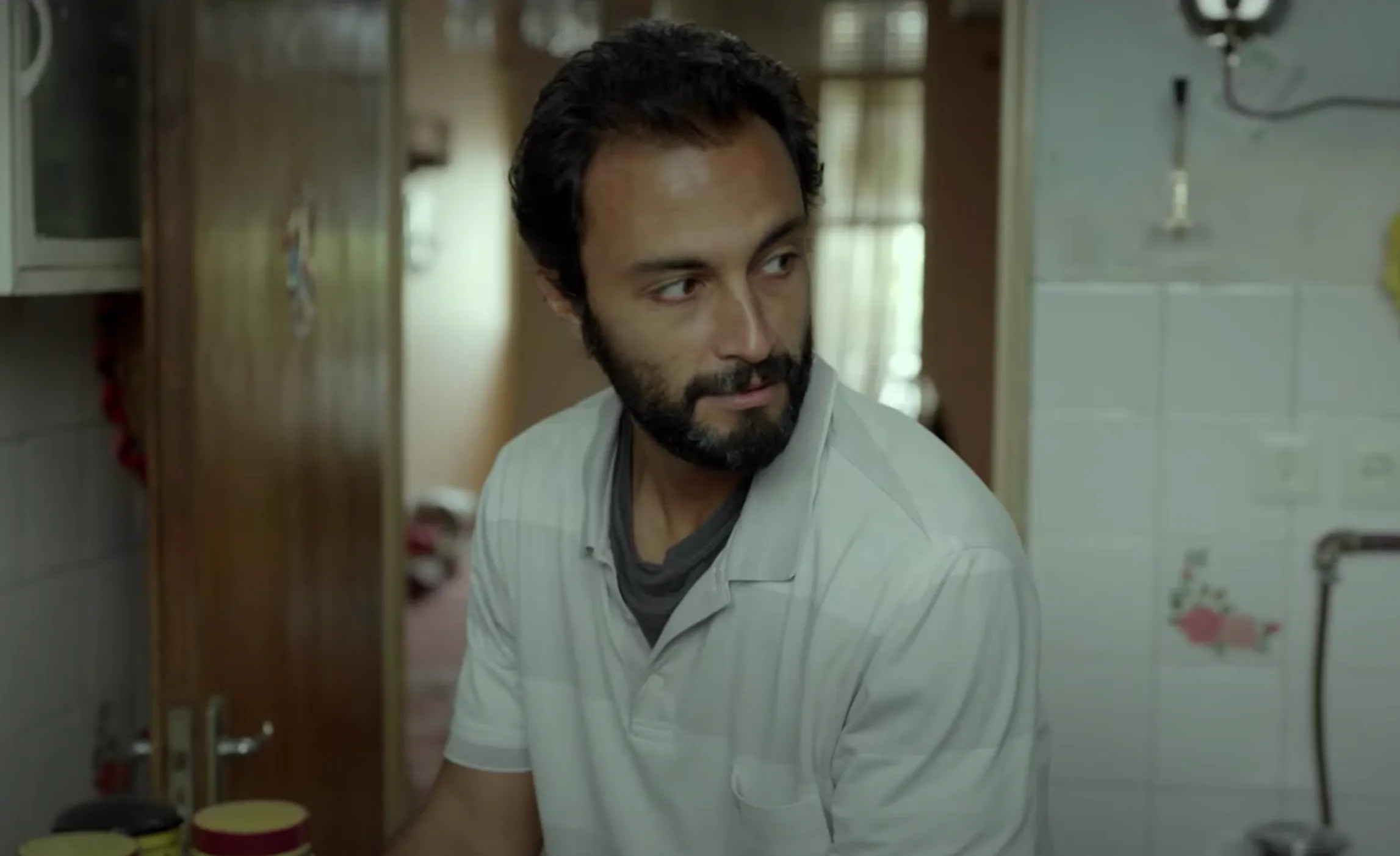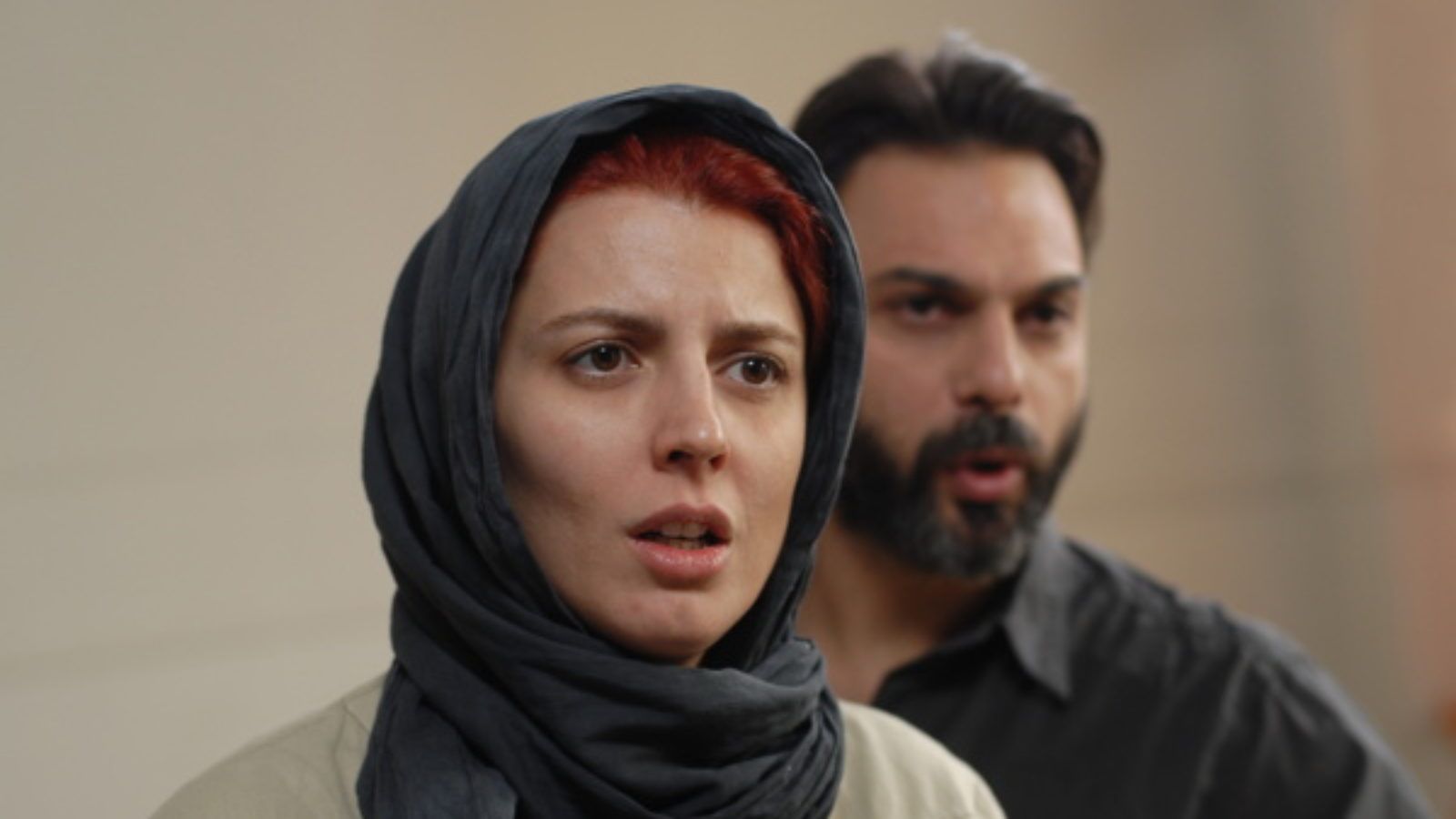Since the Iranian Revolution, Iranian cinema has produced a plethora of talented filmmakers. As the older generation, consisting of legends like Abbas Kiarostami, passed on their legacy to younger filmmakers, Iranians have continued to produce movies that defy the odds. Asghar Farhadi is one of the most prolific contemporary directors on the scene; he is currently one of the only directors to have won the Oscar for Best International Feature twice for his movies A Separation and The Salesman in the 2010s. Born near Isfahan, he studied dramatic arts at the University of Tehran and then got his master’s degree in stage direction for theatre.
In his third feature film, Fireworks Wednesday, Farhadi began to attract domestic and international attention for his nuanced depiction of Iranian society. This is what he would hone in on and dive deeper into in his later films. Farhadi’s movies are praised for their critiques of gender, politics, and socioeconomic status among Iranians. He is a filmmaker rooted in his culture, and, from his statements and political actions, is quite proud of his country while still criticizing it. Perhaps this is the finest love one could have for where they come from—to depict it beautifully, with care and devotion, but exposing how flawed it is and, more importantly, how it can be improved. Hhere are the best Asghar Farhadi movies, ranked.
6 Everybody Knows
Everybody Knows was Farhadi’s venture into making a film set in Spain and Spanish. Laura (Penelope Cruz) has returned to Madrid from Buenos Aires because her sister is getting married. Laura's daughter is kidnapped during the reception, leading to ransom demands and threats of her daughter being murdered if they go to the police. At the same time, Laura reconnects with the love of her life: a man named Paco (Javier Bardem). Everybody Knows is a mystery story at its core, but it also is a slow burn. The pacing slowly crawls at the beginning of the movie, setting the scene and introducing the characters, but the acting in this movie is flawless. The tension between the dramatic and mystery elements is pushed and pulled, turning it into a drawn-out question: who did this?
5 Fireworks Wednesday
Fireworks Wednesday was the film that put Farhadi on the map. In Farsi, the title of the movie is named after the ritual of jumping over a fire to start over in the Persian New Year: chaharshanbe suri. A wife (Hedye Tehrani) believes her husband to be unfaithful, and so before a trip to Dubai, she enlists the aid of a maid (Taraneh Alidoosti) to help find out the truth. Like the tradition the movie is named after, it is a film about seeking new beginnings and leaving the life you once had behind for another one. This was Farhadi's first major film to gain international acclaim.
4
About Elly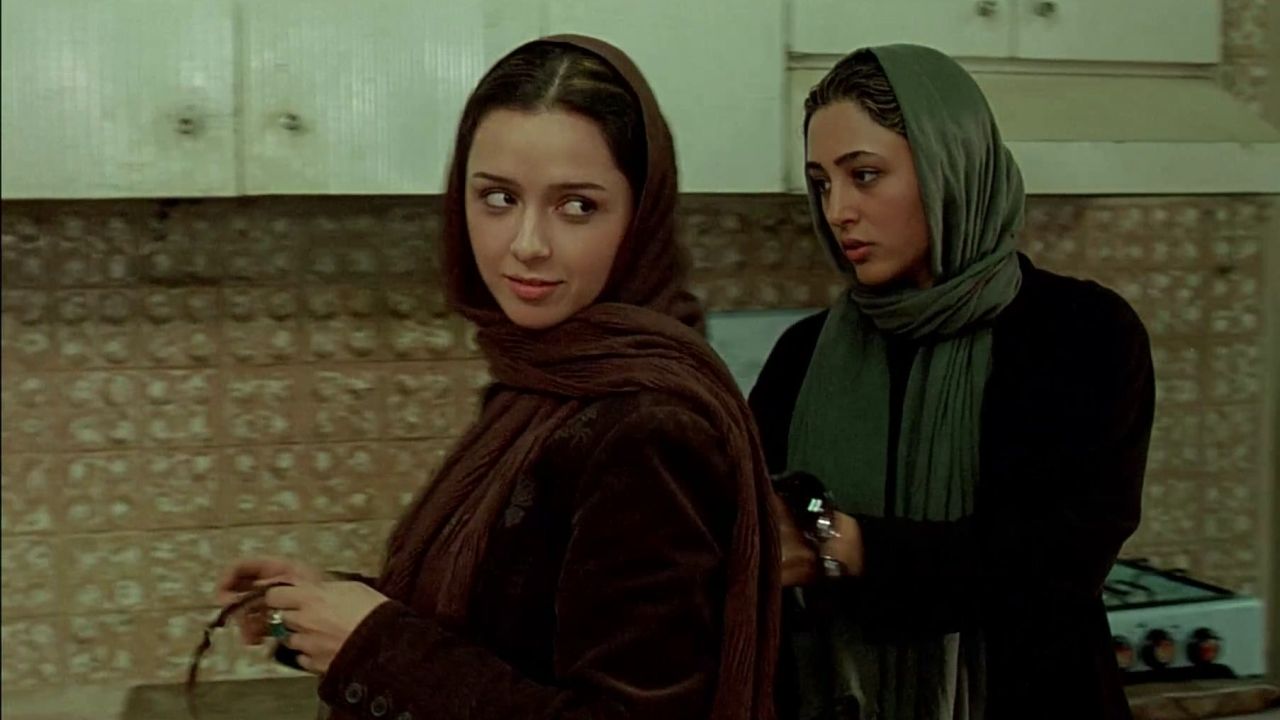
Golshifteh Farahani (in what would be her final Iranian movie before being exiled from Iran), Shahab Hosseini, and Taraneh Alidoosti star in Farhadi’s acclaimed About Elly. This movie won him the Silver Bear for Best Director at Berlin Film Festival. Farahani stars as Sepideh, a woman going on a trip with her husband, daughter, and other middle-class Iranians in their social bubble. Sepideh asks her daughter’s teacher (Alidoosti) to join them on this trip with the intent of setting the teacher up with her divorced friend (Hosseini), but when their accommodations are changed, this proves to be a nightmarish trip. The movie's beginning is polite, somewhat familiar, but as the conflict exposes itself, the movie twists and turns into a thriller.
3 The Salesman
The Salesman won Farhadi his second Oscar, but not without controversy—he could not attend the ceremony due to political issues at the time. Shahab Hosseini and Taraneh Alidoosti reunite as a married couple working in theatre; their current production is Arthur Miller’s Death of a Salesman. After their apartment building collapses, they move into a new flat where the previous tenant, a woman, has left all of her belongings behind. This woman is said to be a prostitute, although this is unconfirmed. After Alidoosti’s character is assaulted while taking a shower alone, Hosseini stumbles between helping her untangle the trauma and getting revenge.
2 A Hero
A Hero is Aghar Farhadi’s most recent movie, and it’s landed him on the Oscars shortlist for the third time and won the Grand Prix at Cannes Film Festival. This movie marks a departure from the previous tones some of his other movies had but is still a Farhadi movie. A man in prison for debt, one he couldn’t find the funds to repay, and he now has a legitimate plan to get himself out of this hole. But his plan doesn’t go as expected, leading to a situation that drags so many people down with him. A Hero contemplates the grey area of what is and isn’t moral, asking the audience what makes a heroic person? Movies like to clearly define who’s the bad guy and who’s the good guy, but Farhadi complicates and humanizes this simplified way of seeing the world.
1 A Separation
Iranian national cinema has a penchant for realism, but A Separation takes that concept to an entirely new level. A married couple is trying to divorce, while their daughter must choose a parent to live with after it. At the same time, the husband’s father has Alzheimer’s and needs constant care, leading to an entirely new situation with the woman hired to take care of him. The movie has so many layers to it, leading to questions about the way society, relationships, and moral codes function in contemporary Iran. A Separation became the first Iranian film to win the Oscar for Best International Feature and helped bring Iranian culture and cinema to a more mainstream audience.

